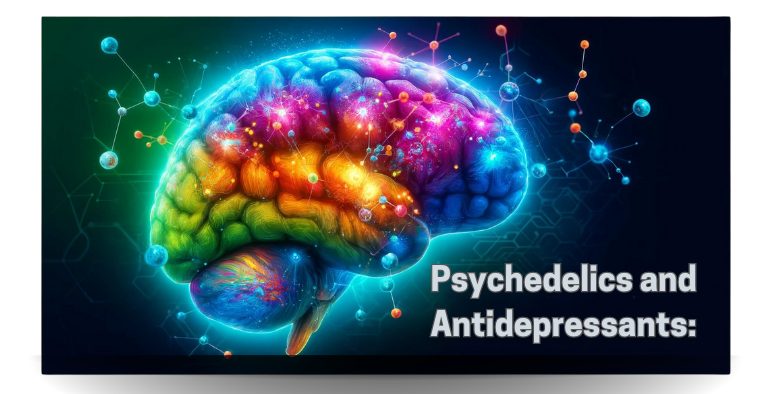Introduction
In the pursuit of personal growth and healing, psychedelics have emerged as powerful tools. However, there’s a nuanced challenge that users and facilitators must be aware of: psychedelic bypassing. This phenomenon occurs when individuals use psychedelics to sidestep deep emotional work, mistaking temporary relief for genuine healing.
Understanding Bypassing
Psychedelic bypassing is akin to spiritual bypassing, where spiritual practices are used to avoid unresolved emotional issues. Psychedelics can provide profound experiences that feel transformative, but without proper integration, these experiences can become another form of avoidance. Instead of facing the shadows within, individuals may chase the euphoric states that psychedelics can offer, creating an illusion of healing while deeper wounds remain unaddressed.

The Risks of Avoidance
While psychedelics can catalyze significant psychological insights, relying on them to escape emotional pain can lead to a cycle of dependence and superficial healing. This bypassing can prevent individuals from engaging in the challenging yet necessary process of confronting and processing their traumas. Over time, this avoidance can exacerbate psychological distress, as unresolved issues resurface with greater intensity.
The Role of Facilitators
Facilitators and therapists working with psychedelics have a critical role in preventing psychedelic bypassing. They must emphasize the importance of integration—helping individuals make sense of their psychedelic experiences and apply the insights to their daily lives. This process involves guiding individuals to confront their pain, work through it, and build resilience, rather than seeking repeated psychedelic sessions as a panacea.

Ethical Considerations
The psychedelic community must uphold ethical standards that prioritize long-term healing over short-term euphoria. This includes recognizing the potential for bypassing and actively working against it. Facilitators should be trained to identify signs of avoidance and encourage a balanced approach to psychedelic use that includes other therapeutic modalities.
Conclusion
True healing is an arduous journey that requires confronting and working through deep-seated emotional wounds. Psychedelics, when used responsibly and with proper guidance, can be invaluable tools in this process. However, it is essential to remain vigilant against the temptation to use them as a means of avoidance. By fostering a culture of integration and mindful use, we can ensure that psychedelics serve as catalysts for genuine, lasting healing.
For more insights, read the full article on Psychedelics Today.









